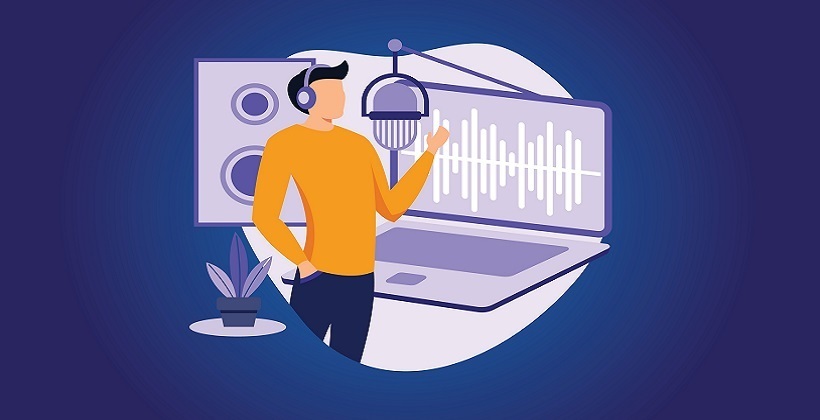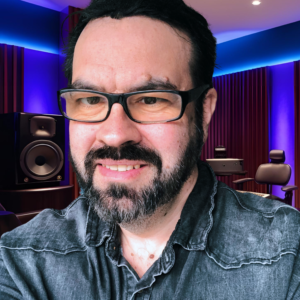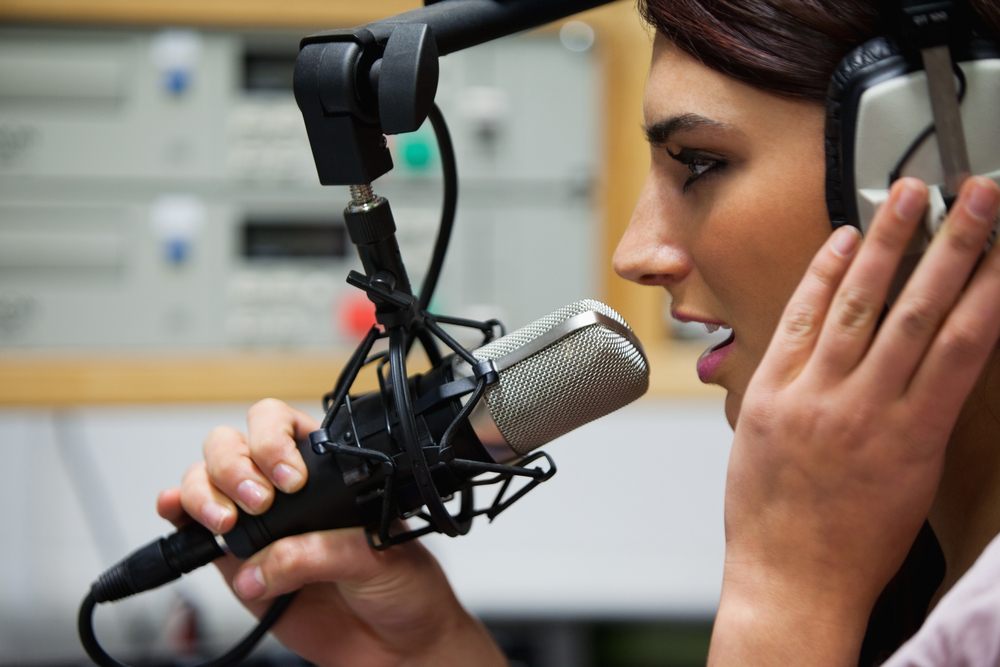Voice Over Advice From A "Voice Over"
Voice over was originally the preserve of a limited number of actors based in London and many sessions were in studios around Soho. With the advent of ISDN, VO artists could connect directly with studios outside of London, however, the cost of entry in terms of equipment/set up remained a barrier for any non-professional artist. As technology, equipment, and the ability to connect over the internet via platforms such as Source-Connect evolved, the cost of entry dropped, opening the doors to anyone wishing to pursue this career. The current COVID-19 crisis has seen an exponential rise in artists setting up home studios, and this will continue to reshape the future of VO once we all get through this.
The question is then, how do I find the right voice for my project? Google search, agency, pay-to-play audition sites, or bespoke sites such as this one? The choice is huge and with any industry comes a range of talent from hobbyists to full-time professionals, such as myself. Many online sites charge an annual membership fee and there is no filtering of the roster of artists so the quality can vary greatly. The other consideration is, do you have time to filter through (potentially) 100 auditions?
However, you decide to find your voice-over artist, here are 7 key considerations to check in advance in order to help filter your choice:
1. Experience
If voicing a TV or radio advert is a 100m race, then eLearning is a marathon! Many new voice-over artists don't realize the stamina needed to record, edit, and deliver significant eLearning scripts. Areas such as medical narrations can be very specialized, so one way to filter this area quickly is to ask for samples, specifically in this area.
2. Timescale
With experience comes the ability to turn around projects within a client's deadline; any professional VO will be able to accurately predict the delivery of final files. There is a huge amount of trust here and a voice-over artist is looking to create a long-term client relationship with repeat business. This will not happen if a VO is not able to deliver within the deadline unless there is a legitimate reason.
3. Home Studio
Do they have a vocal booth and/or an acoustically treated environment to achieve a clear sound? People often list their equipment. I remember once going to record at a world-famous studio, expecting to work with something like a £2k+ Neumann U87 microphone, instead, I recorded via a £200 Rode—the result was still excellent broadcast quality. The most important aspect is the studio sound they can actually deliver. Poorly recorded audio with sound reflections (reverb from the sound bouncing off untreated walls), breaths, mouth noise, etc. will make listening annoying for the trainee plus it lowers the quality of your product. Can they edit, remove breaths/mouth noise, and produce the technical specifications you require?
4. The Voice
All professional VOs will have a quality voice demo, and those working in eLearning will have a bespoke demo in this category. It's important to obtain samples of work recorded in their own studio rather than just an external one; consistency is key here. I was asked to record updates on an eLearning project I completed 3 years ago and I was able to go back to the original audio files and match the tone as well as the performance of that production. I will often produce a sample read before completing a long script to ensure my tone, pace, and delivery are what my client is looking for.
5. Connectivity
Sometimes clients wish to listen in to an initial read, they can connect via Skype, Source-Connect, IpDTL, etc. I would not suggest this for a full read as it will greatly increase the production timescale; however, it is very useful if complex terminology needs to be checked.
6. Direction
It's so important to be able to take and deliver direction. Knowing who the audience is, the expected delivery, clarity, and tone is so important.
7. Referral
How about asking your existing voice-over roster? If I have clients looking for something specific, I have a large network of VO colleagues to draw on, as this is an incredibly supportive industry.
Good luck with your next project!









